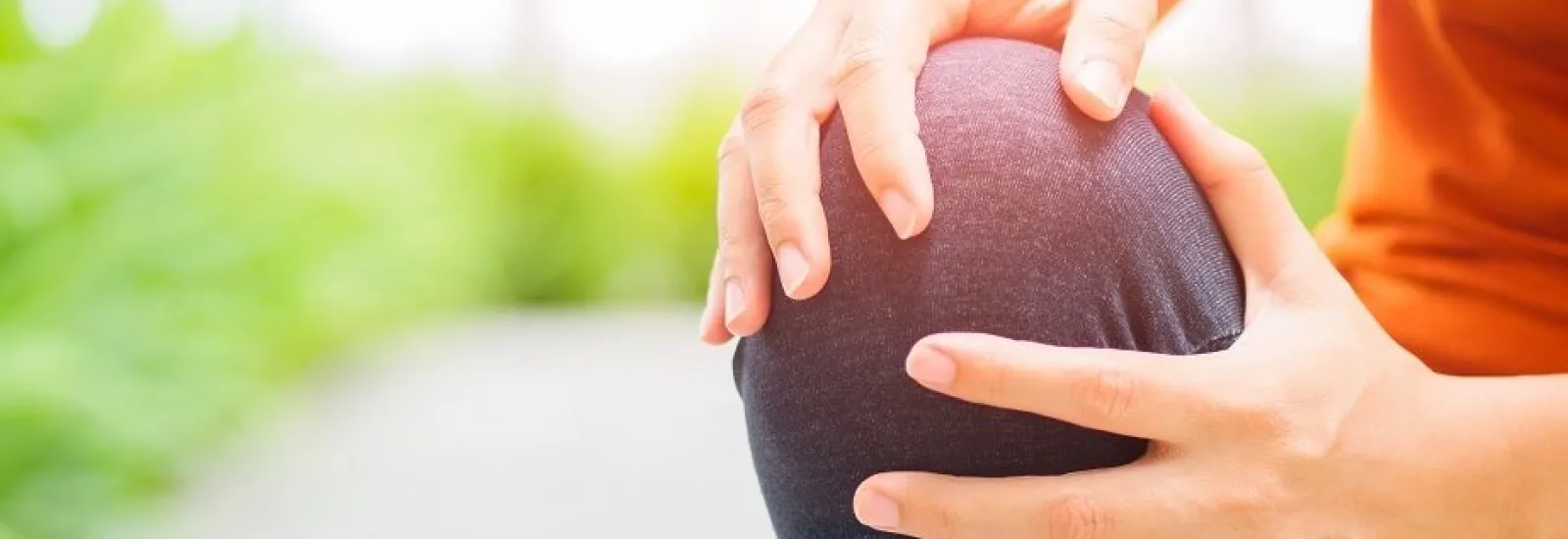
Preventing and treating 7 common adult sports injuries
Think athletes are the only ones prone to sports injuries? Think again. According to the U.S. Department of Health and Human Services (DHHS) sports injuries affect about two million people each year and that includes professionals and weekend warriors alike. In fact two of the most significant causes of sports injury are poor form and being out of condition. If you're usually sedentary sit a lot or have a desk job you're more likely to hurt yourself simply because you haven't trained enough to prevent injury.

Most adult sports injuries are mild and can be treated at home with over-the-counter nonsteroidal anti-inflammatory drugs (NSAIDs) like ibuprofen and aspirin and "RICE" therapy (rest ice compression and elevation). Still each injury is unique and has its own treatment guidelines. Here are seven of the most common adult sports injuries and how to prevent and treat them.
- ACL tear - The anterior cruciate ligament (ACL) is one of the major ligaments in your knee. Most tears occur during activities that involve sudden stops or changes in direction like basketball or tennis. RICE therapy may help but depending on the severity of the tear you may also need rehab or even surgery. Strengthening your leg muscles around the knee can help prevent injury.
- Achilles tendon rupture - The Achilles tendon connects the calf muscles to the heel bone. Ruptures typically happen during activities that bear a lot of weight on the heels and feet like jumping rope and running. Stretching the calves before physical activity and getting adequate rest between workouts can help prevent injury. If you do get injured use crutches or wear a boot to avoid placing too much weight on the torn tendon.
- Ankle sprain - Ankle sprains occur when you stretch or tear ligaments around the ankle usually by landing wrong or "twisting" the feet when walking or running. Ankle sprains usually heal from RICE therapy but severe sprains may require rehabilitation to strengthen the ankle ligaments. Wearing supportive footwear and exercising the ankles (pointing and flexing your toes; rolling your feet in circles) may also help prevent injury.
- Shin splints - Shin splints or shin pain is caused by overusing the lower legs. People who do a lot of high-impact activity like running and dancing are more likely to get shin splints. Proper rest is key to healing. You can prevent injury by wearing quality footwear and reducing exercise intensity when you're still in pain.
- Hamstring injury - Your hamstrings are a group of three muscles that run along the back of your thigh. Injury happens from overextending them and generally happens during activities with sudden stops and starts like soccer and tennis. Rest is important as is taking NSAIDs to relieve pain and swelling. In rare cases surgery may be necessary. Always stretch your hamstrings before exercising to prevent injury.
- Hip labral tear - This injury involves tearing the ring of cartilage outside the hip socket. Doing activities that put a lot of strain on your hips like soccer golf and ballet put you at a higher risk for a hip labral tear. Rest and physical therapy can heal tears but in some cases minimally invasive surgery is required to repair the torn cartilage. Exercises that strengthen the muscles around the hip joint like squats and hip raises can help prevent injury.
- Tennis elbow (epicondylitis) - Tennis elbow refers to pain around the tendons of your elbow. It is caused by repetitive movements of the wrists and forearms. Despite its name you can also get tennis elbow from other activities like golf swimming baseball and even gardening. There's no surefire way to prevent tennis elbow but if you do sustain an injury avoid putting a strain on your wrists forearms and elbows until the pain stops.
When self-care isn't enough
If pain doesn't improve with proper self-care and rest you'll need to see a sports medicine specialist immediately. Signs of serious injury include excess swelling severe bruising and "crooked" looking joints or bones. Don't leave pain untreated. Let Reid Health help keep a sports injuries from becoming a lifelong complication like arthritis. After all exercise should help not hurt!
Photo: BigStock

